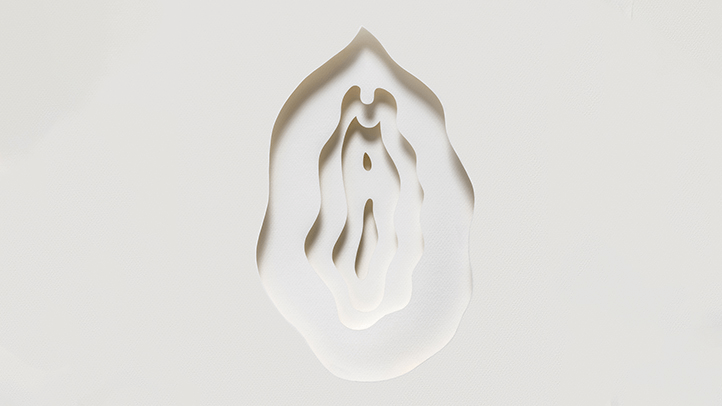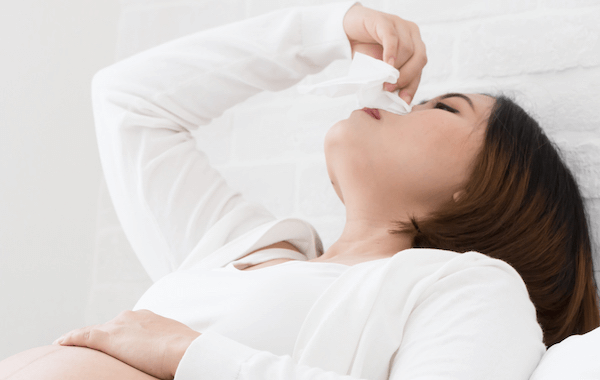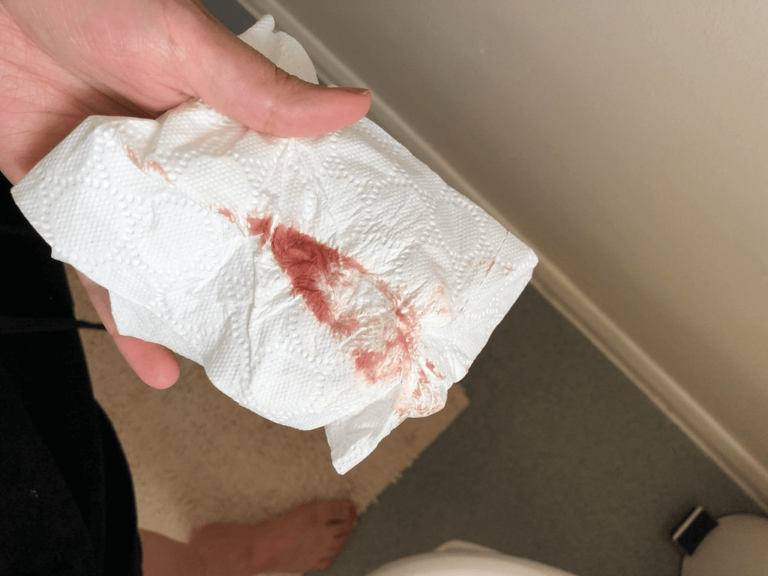Varicose veins in pregnancy

What Causes Varicose Veins in Pregnancy?
Varicose veins during pregnancy are caused by a combination of increased blood volume, hormonal changes, and the pressure from the growing uterus. The hormone progesterone relaxes blood vessel walls, while the expanding uterus exerts pressure on the veins in the pelvic region. These factors lead to weakened valves in the veins, causing blood to pool and veins to enlarge, often appearing as lumpy, blue, or purple lines under the skin.
Risk Factors for Varicose Veins in Pregnancy
- Genetics: If your family members have varicose veins, you’re more likely to develop them.
- Weight: Being overweight increases the pressure on your veins, making varicose veins more likely.
- Prolonged Standing: Jobs that require long periods of standing can contribute to the development of varicose veins.
Common Areas Affected by Varicose Veins
Varicose veins most commonly appear in the legs due to the increased pressure on the inferior vena cava, the large vein on the right side of the body that returns blood from the lower limbs. However, varicose veins can also develop in other areas, such as the rectum (hemorrhoids) and the vulva (vulvar varicose veins).
Also read: Hemorrhoids and Pregnancy: Causes, Prevention, and Treatment
Symptoms of Varicose Veins
The symptoms of varicose veins can vary, but common signs include:
- Itching and Thinning Skin: The skin over the varicose vein may become thin and itchy.
- Aching and Heaviness: Legs may feel heavy, uncomfortable, and painful, especially after standing for long periods.
- Swelling: Feet and ankles may swell, particularly at the end of the day.
- Muscle Cramps: Nighttime leg cramps are a common complaint.
- Burning or Throbbing Sensation: The affected areas may feel a burning or throbbing pain.
Can Varicose Veins Be Prevented During Pregnancy?
While completely preventing varicose veins during pregnancy may not be possible, certain measures can help delay their onset or reduce their severity:
- Stay Active: Regular physical activity, such as walking or swimming, improves circulation and reduces the likelihood of varicose veins.
- Avoid Long Periods of Sitting or Standing: Move around frequently to keep blood flowing. If sitting, avoid crossing your legs.
- Maintain a Healthy Weight: Gaining excessive weight too quickly increases pressure on your veins, so aim to maintain a healthy weight throughout your pregnancy.
- Elevate Your Legs: Raising your feet while resting can prevent blood from pooling in your legs.
Managing Varicose Veins During Pregnancy
If varicose veins are causing discomfort, there are ways to manage the symptoms:
- Compression Stockings: These can improve circulation and reduce discomfort. Wear them before getting out of bed in the morning to prevent blood from pooling in your legs.
- Reflexology: Some women find relief through reflexology, a complementary therapy that involves applying pressure to specific points on the feet and hands.
Are Varicose Veins a Serious Concern During Pregnancy?
Varicose veins are generally not a serious issue and often improve after childbirth. However, in rare cases, severe vulvar varicose veins may increase the risk of heavy bleeding during delivery. Your healthcare provider will take precautions to manage this risk during labor.
Do Varicose Veins Go Away After Pregnancy?
Many women find that varicose veins improve or disappear after giving birth. However, if they persist, it’s important to monitor for potential complications such as skin thinning and blood clots. If varicose veins continue to cause discomfort after pregnancy, there are various treatment options available, including laser therapy, sclerotherapy, and surgery. These treatments are often considered cosmetic and may not be covered by insurance.
Conclusion
Understanding the causes, symptoms, and management of varicose veins can help you take proactive steps to minimize discomfort during pregnancy. By staying active, maintaining a healthy weight, and elevating your legs, you can improve circulation and reduce the risk of developing varicose veins. If varicose veins persist after pregnancy, consult with your healthcare provider about the best treatment options for your situation.
Also read: Stretch Marks During Pregnancy: Causes, Prevention, and Treatment






